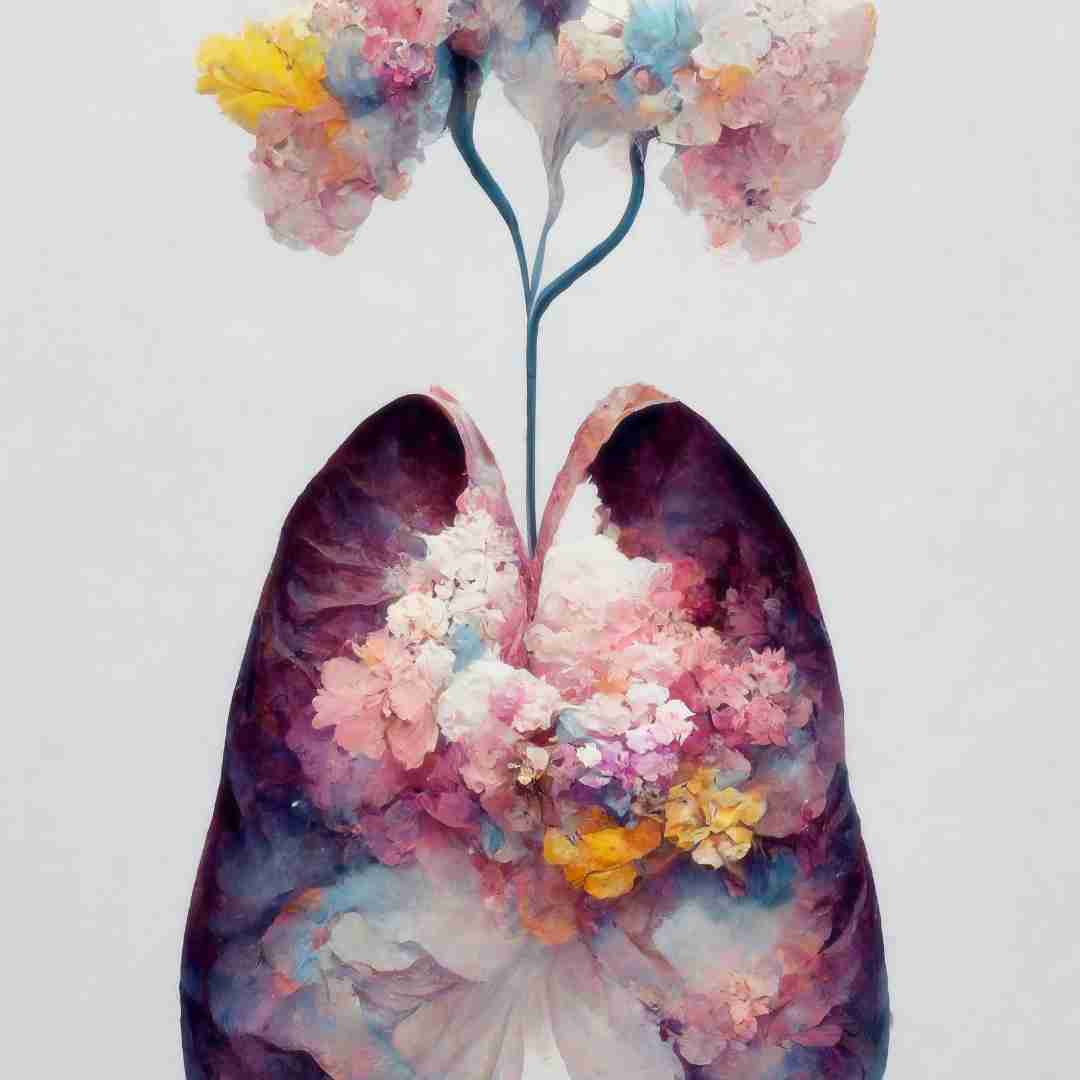Understanding Rabbit Respiratory Rates: Normal or Not?
Rabbit respiratory rates indicate health and well-being. Understand what is typical and what is not to keep your rabbit healthy and happy.
Rabbits breathe 30–60 times each minute. A rate above this may indicate a problem. More than 60 breaths per minute may suggest a respiratory infection, heart problems, or other illness. A lower rate than 30 breaths per minute may suggest an airway obstruction or neurological condition.
Regularly check your rabbit's respiration rate. Changes in your rabbit should be checked by the vet. Your vet can diagnose and treat any underlying concerns.
In addition to your rabbit's respiration rate, watch for other symptoms. These include hunger, weight loss, tiredness, and behaviour changes. If your rabbit exhibits any of these symptoms, take it to the clinic.
You can keep your rabbit healthy and happy by knowing what normal rabbit respiratory rates are. Changes in your rabbit should be checked by the vet.
What causes rabbits to breathe rapidly and how may it be treated?
Rapid breathing in rabbits indicates respiratory discomfort and can be caused by many illnesses. Rabbits with fast breathing often have pneumonia, heat stroke, or cardiac disease. Rapid breathing can be induced by stress or worry.
Rapid breathing in rabbits is often caused by bacterial or viral pneumonia. Rabbit pneumonia causes rapid breathing, coughing, sneezing, and nasal discharge. Most pneumonia treatments involve medication and assistance.
Another reason of rabbit fast breathing is heat stroke. Rabbits can have heat stroke from prolonged exposure to hot temperatures. Rapid breathing, gasping, and drowsiness are heat stroke symptoms. Cooling the rabbit with water and assistance treats heat stroke.
Another cause of rabbit fast breathing is heart illness. Heart illness can result from congenital abnormalities, infections, and tumours. The symptoms of heart disease are fast breathing, coughing, and difficulty breathing. Heart disease treatment usually involves medication and support.
Stress and worry can lead rabbits to breathe quickly. Stress and anxiety can be produced by environmental changes, loud noises, and unknown persons or animals. A calm and quiet environment and plenty of rest and relaxation are common stress and anxiety treatments for rabbits.
The cause of rabbit rapid breathing must be identified to cure it. After determining the cause, treatment can be personalised. Antibiotics, supportive care, medicines, and environmental changes may be used. Rapid breathing in your rabbit requires veterinarian attention.
Common Rabbit Fast Breathing Causes and Prevention
Fast rabbit breathing is common and caused by many circumstances. Fast breathing must be diagnosed to provide the best treatment and prevent further episodes.
The main causes of quick rabbit breathing are stress, illness, and respiratory disorders. Stress might be produced by environmental changes, loud noises, or unfamiliar creatures. Infections from bacteria, viruses, or parasites can cause respiratory distress. Rabbits can breathe quickly due to respiratory disorders like pneumonia.
Provide a safe and comfortable environment to prevent rabbit quick breathing. This involves providing fresh food and water, a clean and roomy living space, and plenty of toys and activities to keep the rabbit entertained. Keep an eye on the rabbit's health and seek medical assistance if it seems sick or distressed.
Stress should be minimised. Providing a quiet, comfortable setting, avoiding rapid changes, and gently introducing new animals can help. A safe and comfortable location to relax is needed if the rabbit is stressed, such as quick breathing.
Finally, rabbit vaccines and parasite prevention must be current. This reduces the chance of infection and respiratory disorders, which can cause quick breathing.
These actions can prevent rabbits from quick breathing and keep them healthy and happy.
Recognising and Treating Rabbit Heat Stress
Heat stress can harm rabbits, therefore it's crucial to recognise the indications and manage it. Heat stress occurs when a rabbit's body temperature exceeds 101–103 degrees Fahrenheit. Heat stress can cause organ failure and death if untreated.
Overpanting, drooling, drowsiness, and appetite loss are signs of heat stress in rabbits. If you see any of these indicators, act immediately.
Heat stress treatment begins with moving the rabbit to a cooler location. Move the rabbit indoors to an AC room if possible. If not, transfer the rabbit to a shady outside area with a fan to cool it.
Next, give the rabbit plenty of cool, fresh water. A moist towel or rag might also chill the rabbit.
Lastly, monitor the rabbit's temperature and call a vet if it doesn't normalise. Heat stress can be harmful, so if the rabbit doesn't improve, get professional care.
Recognising heat stress and cooling the rabbit can prevent significant health issues including death.
Stress and Rabbit Respiration: What You Need to Know
Stress can damage rabbits' respiratory systems. Rabbit owners must understand how stress affects respiration to provide the best treatment.
Rabbits breathe faster when anxious. Adrenaline and cortisol raise heart rate and breathing rate. In order to stay healthy, rabbits must be able to regulate their breathing, which is their natural response to stress.
Stress can also narrow the rabbit's airways, making breathing difficult. This can be induced by fear, pain, or environmental changes. If the rabbit cannot regulate their breathing, they may have trouble breathing, causing stress and respiratory discomfort.
Owners of rabbits must recognise stress symptoms. Panting, trembling, and increased respiration are examples. These indications indicate rabbit stress, therefore take action. This can include a safe, comfortable atmosphere, no loud noises, and lots of movement and playing.
Additionally, the rabbit's respiration rate should not be too fast. High rabbit respiration rates may indicate respiratory distress and should be addressed immediately.
Rabbit owners can keep their pets healthy and comfortable by learning how stress affects breathing. Provide a safe and pleasant environment, avoid loud noises, and give your pet lots of exercise and fun to reduce stress and maintain their breathing rate.
